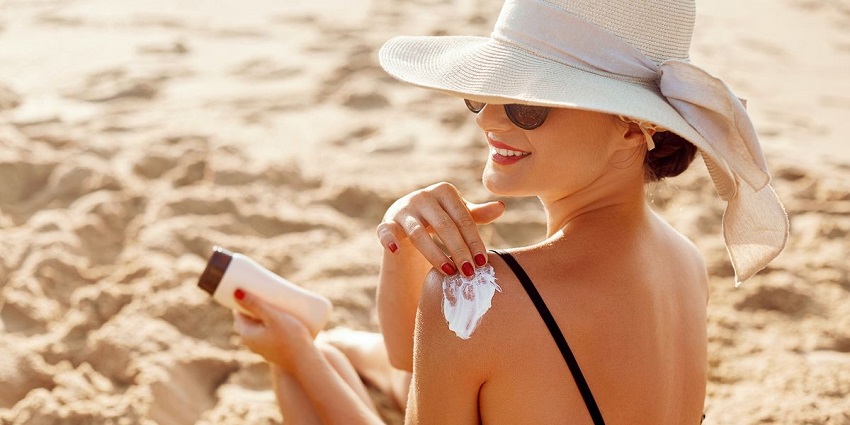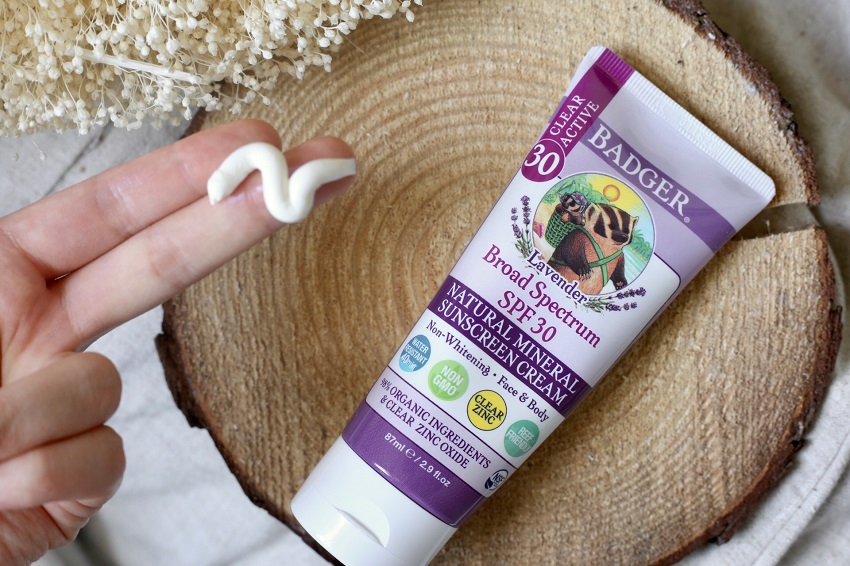When it comes to protecting our skin from the harmful effects of the sun’s ultraviolet (UV) rays, sunscreen plays a crucial role. However, with the growing concern about the potential side effects of chemical sunscreens, many people are searching for natural alternatives. In this article, we will explore the concept of natural sunscreen and delve into various options available in the market today.
Understanding Sunscreen
Sunscreen is a product designed to shield our skin from the damaging effects of the sun, including the harmful ultraviolet (UV) radiation. It works by either absorbing or reflecting the UV radiation, preventing it from penetrating into the deeper layers of the skin. This is particularly important when considering the topic of pros and cons of tanning while pregnant.
UVB rays are responsible for causing sunburns, while UVA rays can lead to long-term skin damage, premature aging, and even skin cancer. Therefore, it is important to use a broad-spectrum sunscreen that offers protection against both types of UV radiation.
Chemical vs. Physical Sunscreens
Traditionally, chemical sunscreens have dominated the market. These sunscreens contain various synthetic compounds that absorb UV radiation and convert it into heat, dissipating it from the skin. However, concerns have arisen regarding the potential harm these chemicals may cause to our bodies and the environment.
This has led to the rise in popularity of natural or physical sunscreens, which use mineral-based ingredients like zinc oxide or titanium dioxide. These minerals create a physical barrier on the skin’s surface, reflecting and scattering UV rays before they can cause harm. Many people prefer these natural options as they are considered safer and less likely to cause irritation or allergic reactions.
The Benefits of Natural Sunscreen
- Gentler on the Skin: Natural sunscreens are often well-tolerated by individuals with sensitive or reactive skin. They typically lack common irritants and are less likely to cause adverse reactions.
- Broad-Spectrum Protection: Mineral-based sunscreens provide broad-spectrum protection against both UVA and UVB rays, ensuring comprehensive defense against sun damage.
- Immediate Effectiveness: Unlike some chemical sunscreens that require time to absorb into the skin, natural sunscreens start working immediately upon application.
- Environmental Friendly: Mineral sunscreens are considered reef-safe, as they do not contain chemicals known to harm coral reefs and marine life.
How to Choose a Natural Sunscreen
With an increasing number of natural sunscreen options available, it’s essential to make an informed choice. Consider the following factors when selecting a natural sunscreen:
1. SPF Rating
Sun Protection Factor (SPF) measures a sunscreen’s ability to block UVB rays. Look for a broad-spectrum sunscreen with an SPF of 30 or higher for adequate protection.
2. Ingredients
Check the ingredient list for minerals like zinc oxide or titanium dioxide, which should be listed as the active ingredients. Avoid products containing potential irritants or harmful chemicals, such as oxybenzone or octinoxate.
3. Texture and Application
Choose a sunscreen with a texture that suits your preferences. Some natural sunscreens may leave a white cast, while others blend more easily into the skin. Consider your skin type and desired finish when making a selection.
4. Water Resistance
If you plan to spend time in water or engage in activities that cause sweating, opt for a water-resistant sunscreen. Look for products that provide protection for at least 40 to 80 minutes of water exposure.
5. Reviews and Recommendations
Read reviews and seek recommendations from trusted sources or individuals who have already tried the product. This can provide valuable insights into a sunscreen’s effectiveness and user experience.
Natural Sunscreen Brands and Models
Several reputable brands offer natural sunscreen options that meet the criteria of effective sun protection without potentially harmful ingredients. Here are a few noteworthy examples:
- Badger: Badger offers a range of natural sunscreens that are certified organic and made with ingredients like zinc oxide and plant oils. They have different formulations for adults, kids, and babies.
- ThinkSport: ThinkSport produces mineral-based sunscreens that are free from harmful chemicals. Their sunscreens are water-resistant, non-greasy, and provide broad-spectrum protection.
- All Good: All Good creates reef-friendly sunscreens that are biodegradable and made with organic ingredients. Their sunscreens are available in various SPF levels and come in lotion or stick forms.
- Alba Botanica: Alba Botanica offers a wide range of natural sunscreens that are vegetarian, cruelty-free, and free from artificial colors and fragrances. They have options for different skin types and sensitivities.
- Suntegrity: Suntegrity produces mineral sunscreens that are vegan and formulated with non-nano zinc oxide. They are also free from harsh chemicals and artificial fragrances.
- Coola: Coola offers organic sunscreens that are reef-friendly and made with natural ingredients. They have a variety of sunscreen products, including lotions, sprays, and sticks.
- Babo Botanicals: Babo Botanicals creates natural sunscreens specifically designed for babies and children. Their sunscreens are made with gentle, plant-based ingredients and are suitable for sensitive skin.
Conclusion
In the pursuit of healthier and more eco-friendly alternatives, natural sunscreens have gained significant popularity. These mineral-based options offer effective protection against harmful UV rays while minimizing potential risks associated with chemical sunscreens. By considering factors such as SPF rating, ingredients, texture, water resistance, and user reviews, you can find a natural sunscreen that suits your needs and provides the desired level of protection. Remember, incorporating sun protection into your daily skincare routine is vital for maintaining healthy and youthful-looking skin.
So, whether you’re planning a day at the beach or a casual stroll outdoors, make sure to prioritize your skin’s well-being by choosing a natural sunscreen that keeps you safe from the sun’s harmful rays.


